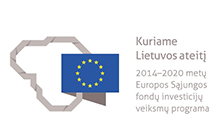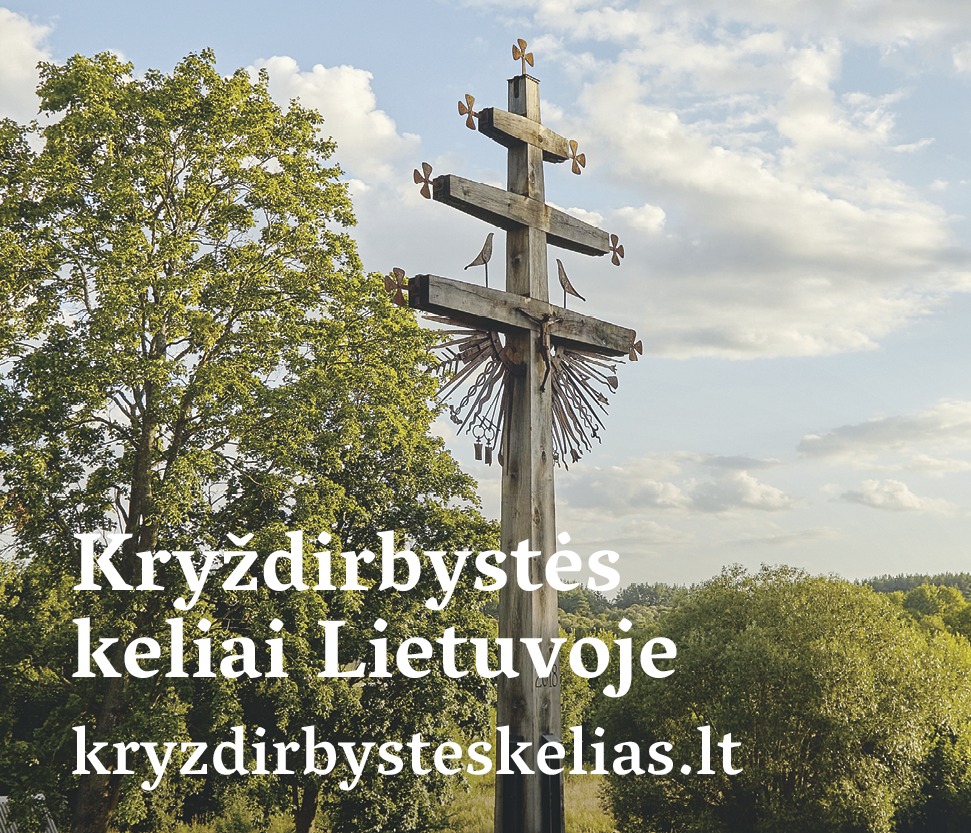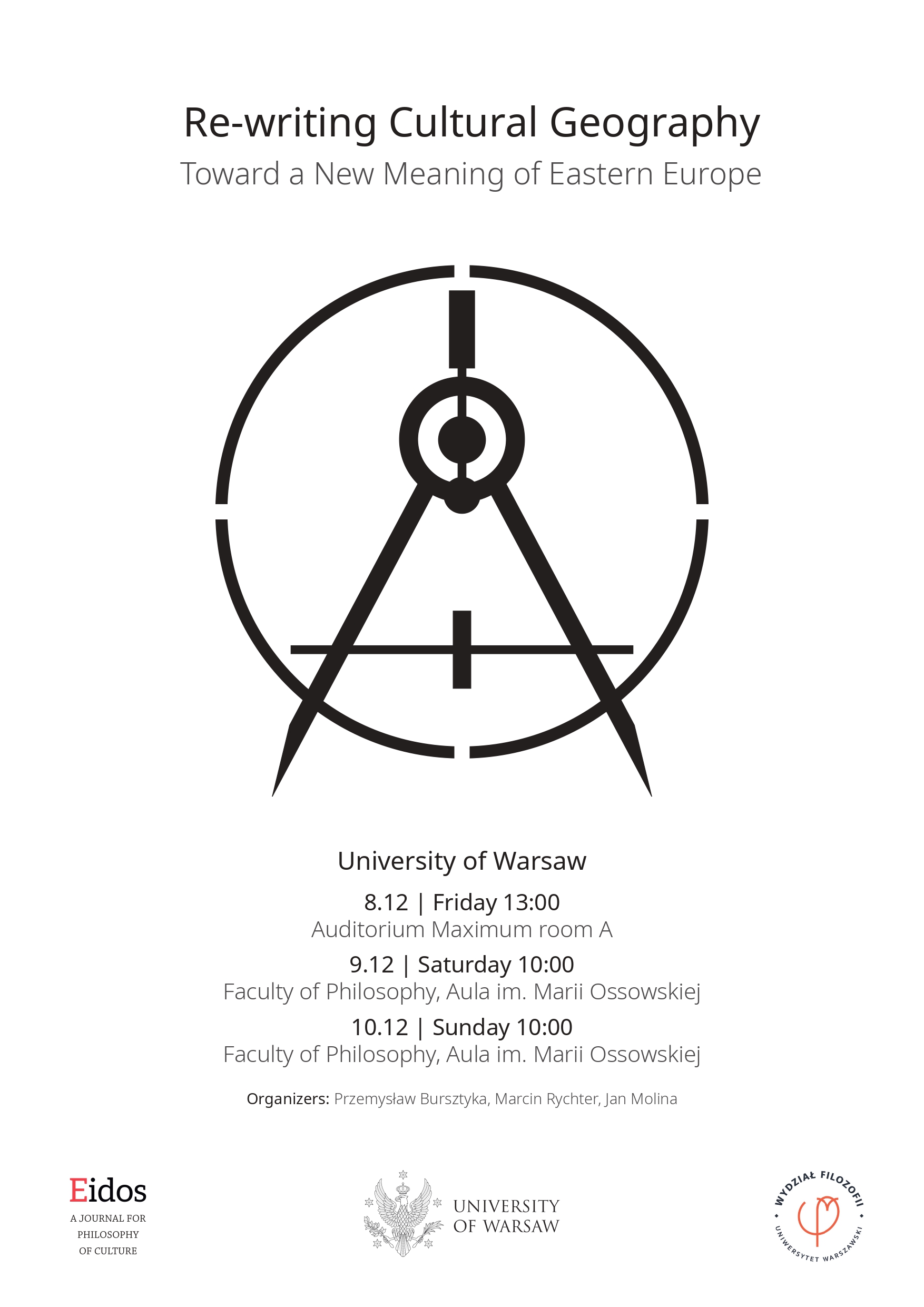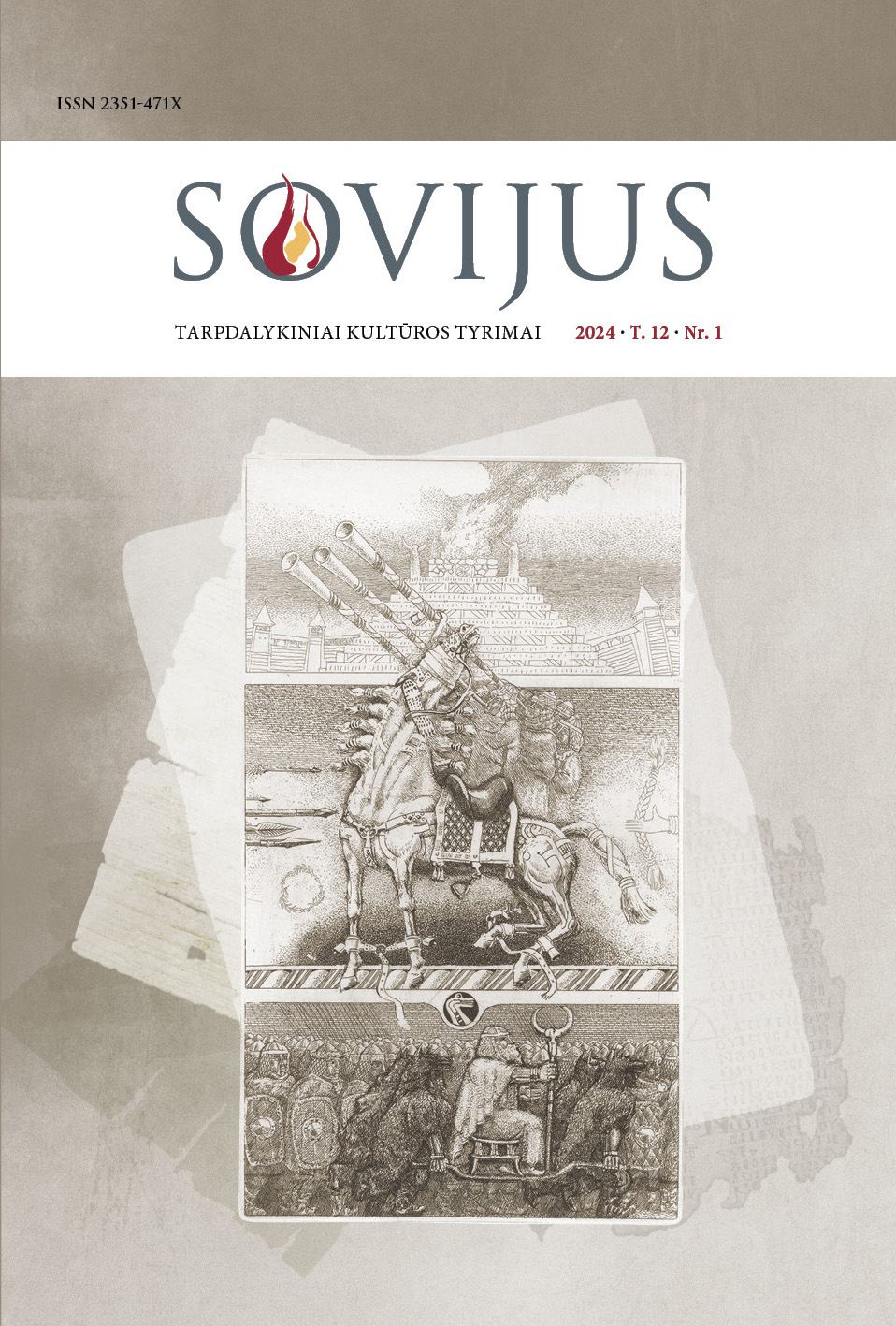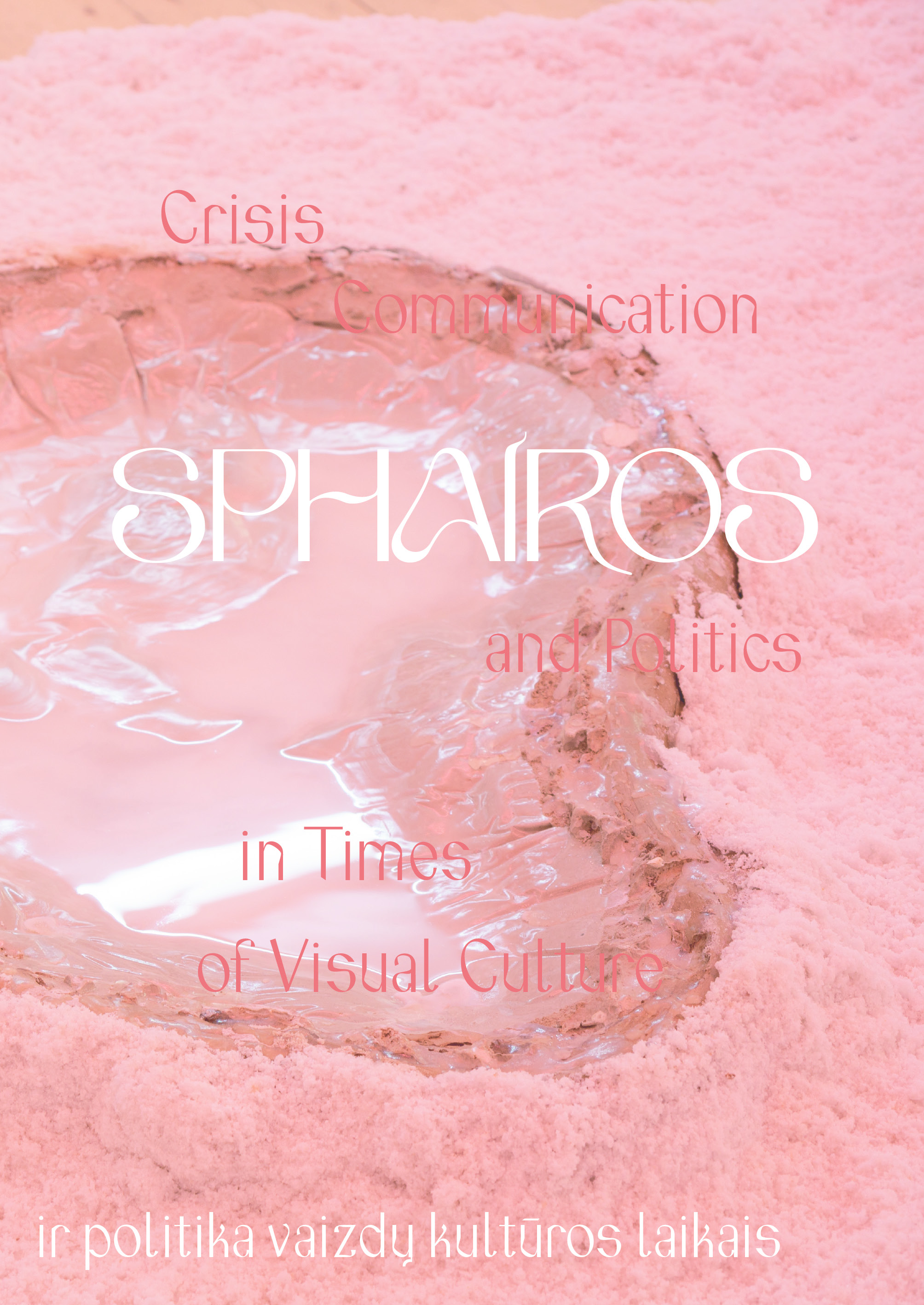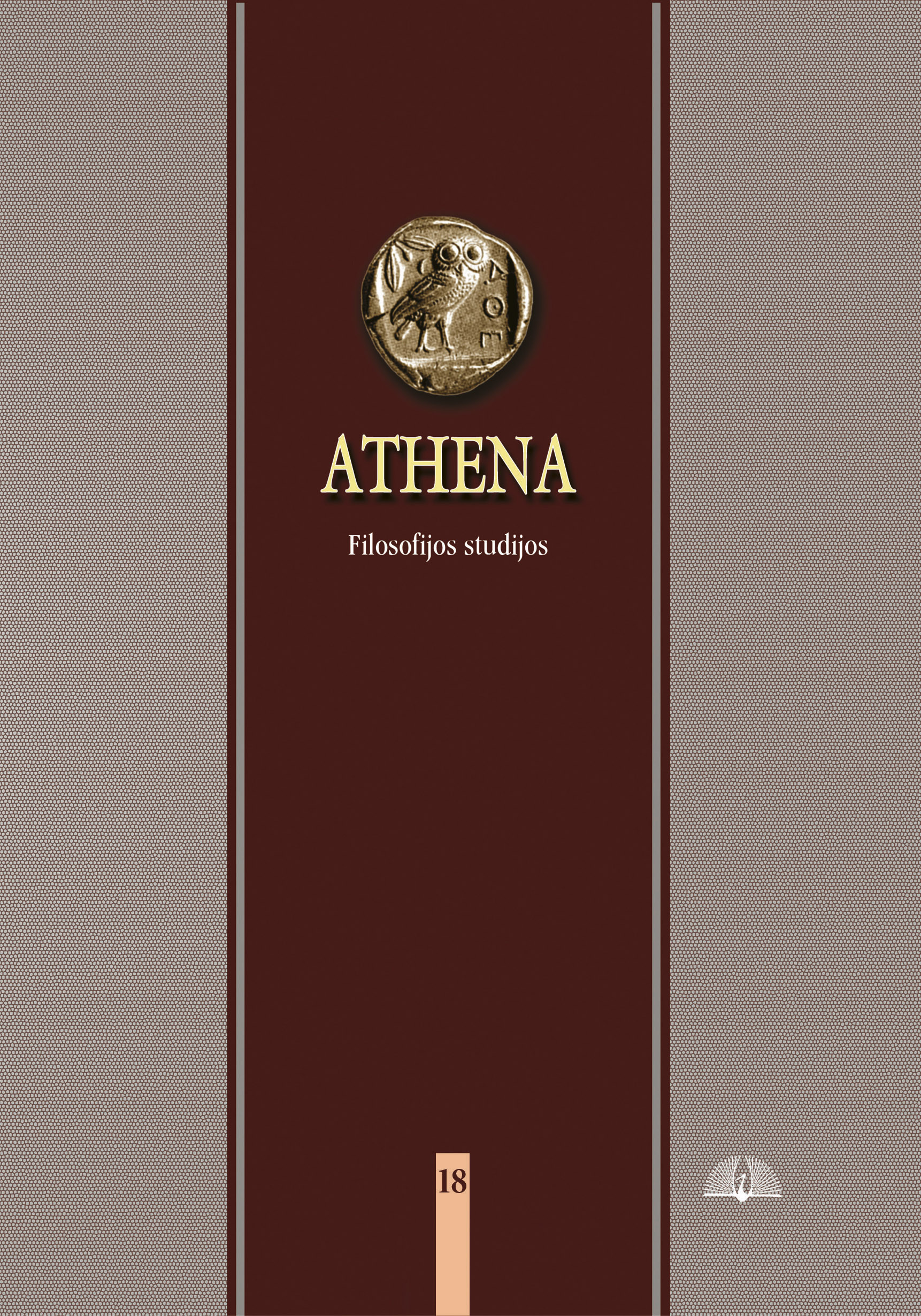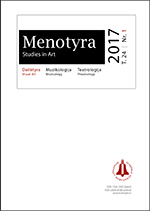27–28 October, 2023
“Only that historian will have the gift of fanning the spark of hope in the past who is firmly convinced that even the dead will not be safe from the enemy if he wins. And this enemy has not ceased to be victorious,” wrote German philosopher and writer Walter Benjamin in his essay “On the Concept of History” in 1940 while he was hiding from the Nazis in France. The most important goal of his life’s work, as well as of other intellectuals and artists of the time, was to prevent the enemy from winning.
An intensive and cruel war is being waged in Europe today. Its roots are historical and linked to one country’s imperial politics. Russia grounds its aggression against Ukraine, the hostilities and mass killings of civil population, on its imperial, totalitarian and fascist ideology combining traditional propaganda with more recent technologies of deception and psychological manipulation. The entire civilized world has joined the struggle against pro-Kremlin disinformation, but especially so Ukraine and other countries of Central and Eastern Europe. Visual arts, film, literature and music have a significant role to play in this struggle. Starting from February 24, 2022, we see images of war in social networks and mass media: the photographs of devastated cities, the portraits of heroes, a ceramic cock that has survived on a kitchen cupboard in a bombed block of flats and other symbols of defiance, caricatures ridiculing the enemy, monuments to Russian history and culture being removed, Ukrainian cultural values being saved from destruction and robbery. We read translations of Ukrainian poetry that records and interprets the experiences of war, we listen to Ukrainian national songs being performed by the musicians of the world. Performances at embassies in many countries reinvent the art of protest, and documentary cinema links art to life, while stand up comedies offer a new concept of transgression.
Why is it that artists most often find themselves in the avant-garde, at the information front line? The conference aims to discuss what art can do in the information war, how the military and political autonomous powers emerge and are powerful enough to modify the structure of feeling and memory, and also how war affects art and its development.
We invite scholars and artists to propose papers on the following topics:
• Art and artists in the Ukrainian information front:
artists as the activists of information war;
involvement of artworks in the information war;
politically engaged contemporary art online and offline (art and memes, street art etc.)
• How the war in Ukraine makes us revise and modify our historical memory and attitude towards the historical roles of art:
the changing attitudes towards the peripeties of the Cold War and the end of the empire that did not finish it; towards the Soviet heritage; towards cultural resistance and the artists’ resistance against the totalitarian system and its ideology; towards the artists’ participation in the process of liberation of the Baltic States;
rewriting the history of art (or art as an imperial spoil).
The languages of the conference are English and Lithuanian.
There will be a possibility to give presentations remotely during the conference.
Articles based on presentations will be published in the peer reviewed journal Meno istorijos studijos (Studies of Art History).
Organisation committee: Dr. Erika Grigoravičienė (Lithuanian Culture Research Institute), Prof. Dr. Agnė Narušytė (Lithuanian Culture Research Institute, Vilnius Academy of Arts), Assoc. Prof. Dr. Eglė Rindzevičiūtė (Kingston University, London), PhD student Valentyn Odnoviun (Lithuanian Culture Research Institute)
Please send the abstracts (200 words), including the title and the presenter’s short biography, to the following addresses until May 28, 2023: anarusyte@gmail.com; erika.grigoraviciene@gmx.net.
Conference program and abstracts (PDF)

Address: Saltoniškių g. 58,
LT-08105, Vilnius
Į. k. 111961791
Tel./fax. +370 5 275 1898
Email: LKTI@LKTI.LT


